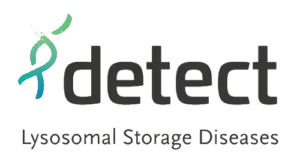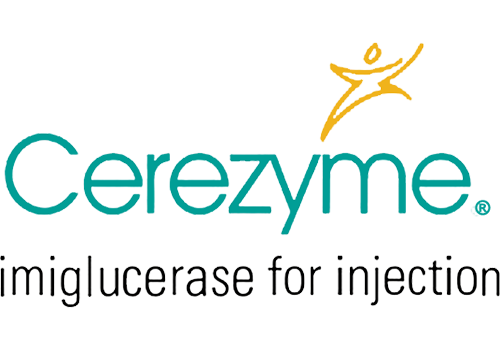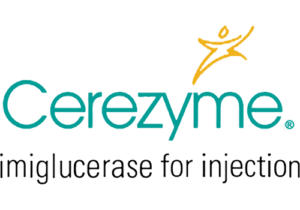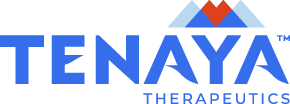Lysosomal Storage Diseases (LSDs) are a group of rare inherited metabolic disorders caused by defects in lysosomal function, typically due to enzyme deficiencies that lead to the accumulation of undegraded substrates within cells. This accumulation disrupts cell function and leads to varied clinical manifestations, depending on the specific disease and tissues involved. Common symptoms across different LSDs include organomegaly (enlargement of organs), bone deformities, neurocognitive impairment, and in some cases, early mortality. The spectrum of LSDs includes over 50 different disorders, such as Gaucher disease, Fabry disease, and Pompe disease, each linked to specific genetic mutations. Treatment options may include enzyme replacement therapy, substrate reduction therapy, and supportive care to manage symptoms and improve quality of life. Despite their rarity, LSDs represent a significant challenge in medical genetics and pediatrics, requiring specialized knowledge for diagnosis and management.


Genetic testing is pivotal in diagnosing and managing Lysosomal Storage Diseases (LSDs), as it enables precise identification of the specific enzyme deficiencies and mutations responsible for these conditions. This accuracy is essential for confirming the diagnosis, differentiating between various LSDs, and informing appropriate treatment decisions, such as enzyme replacement therapy tailored to the specific enzyme deficit. Furthermore, genetic testing allows for carrier screening and prenatal diagnosis, critical for families with a history of LSDs, helping to assess the risk of passing the disorder to future generations.
What is the Program?
The Detect Lysosomal Storage Diseases Program offered by Invitae is designed to facilitate the diagnosis of lysosomal storage disorders (LSDs) by providing no-cost genetic testing to individuals who exhibit symptoms suggestive of LSDs. This program aims to identify the specific genetic mutations responsible for these conditions, enhancing the accuracy of diagnoses and enabling more targeted treatment approaches. By offering comprehensive genetic testing and counseling at no charge, Invitae supports healthcare providers in confirming suspected cases of LSDs, which can be crucial for early intervention and optimal disease management. This initiative not only assists in individual patient care but also contributes to broader efforts to understand the prevalence and genetic diversity of LSDs.
To qualify for no-charge testing through the Invitae® Detect LSDs program, individuals must be located in the US or Canada and must be suspected of having an LSD based on at least one of the following:
Clinical features
Or suspicion of, or known diagnosis of, a specific lysosomal storage disease
Or family history related to LSDs
Or lab result suggestive of LSDs or, presumptive positive newborn screening


We are an innovative global healthcare company, driven by one purpose: we chase the miracles of science to improve people’s lives. Our team, across the world, is dedicated to transforming the practice of medicine by working to turn the impossible into the possible. We provide potentially life-changing treatment options and life-saving vaccine protection to millions of people globally, while putting sustainability and social responsibility at the center of our ambitions.
Sanofi is listed on EURONEXT: SAN and NASDAQ: SNY

Cerezyme (imiglucerase) is an enzyme replacement therapy developed by Sanofi Genzyme. It is specifically designed to treat Gaucher disease, a rare genetic disorder. Cerezyme works by replacing the missing or deficient enzyme, glucocerebrosidase, which helps reduce the build-up of fatty substances in certain cells, alleviating symptoms and improving overall health outcomes for patients with Gaucher disease. The therapy is administered via intravenous infusion, and it has been a cornerstone treatment for over two decades, demonstrating significant long-term efficacy and safety in managing the disease.





